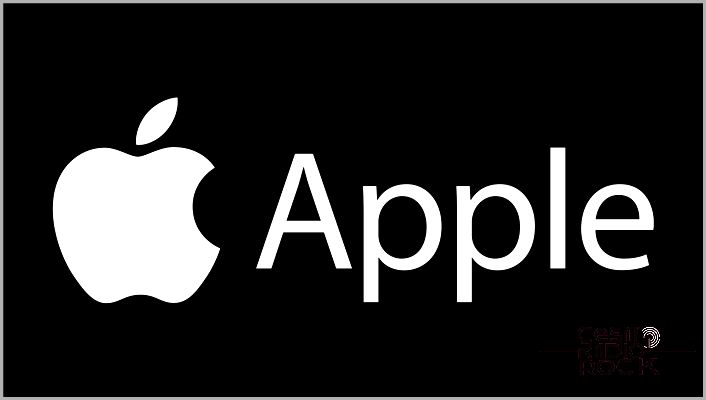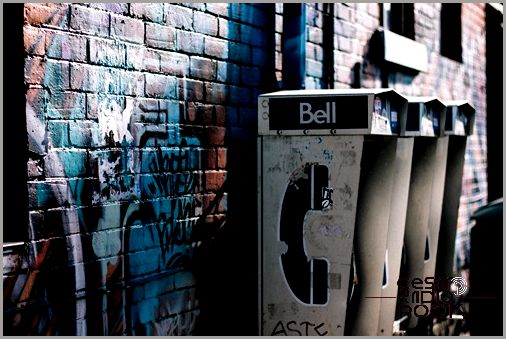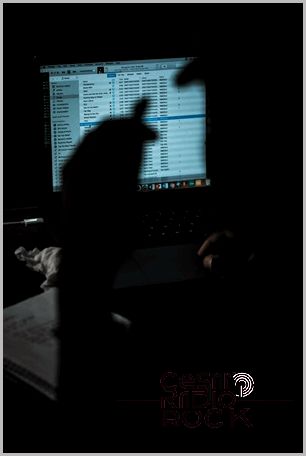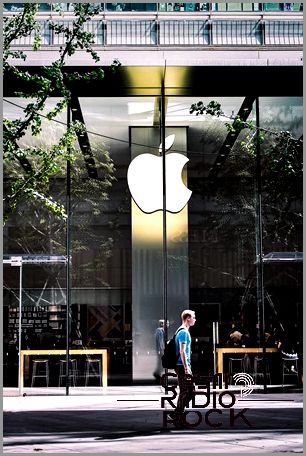Does Apple Alert You About Suspicious Activity?
Hey there! Have you ever wondered if Apple gives you a heads up when something fishy is happening with your account? Well, I’m here to spill the beans and give you the lowdown.
Picture this: you’re going about your day, enjoying all the wonders that your Apple devices have to offer. But then, out of the blue, you get a nagging feeling that something just isn’t right. Could it be that someone is trying to tamper with your Apple account? Yikes! That’s definitely not a pleasant thought.
Luckily, Apple has got your back. When it comes to potentially sketchy activity on your account, they take it seriously. They have a system in place to keep you in the loop and ensure that you’re always aware of what’s going on. Trust me, it’s like having a personal detective on the case.
So, how does it work? Well, let me break it down for you. If Apple suspects any funny business going on, they’ll shoot you a message straight to your trusted email address. This is their way of saying, “Hey, something looks off here, and we thought you should know.” It’s a friendly reminder to keep you in control of your account’s security.
But wait, there’s more! Apple won’t just stop at sending you an email. They’re extra thorough, you see. They want to make sure you’re aware of any suspicious activity, so they’ll also send you a notification on all your connected devices. That way, whether you’re glued to your iPhone, iPad, or Mac, you won’t miss a beat. You’ll have all the information you need, right at your fingertips.
Now, I know what you’re thinking. How do you know if the message you received is legit or just a cleverly disguised phishing attempt? Well, Apple has got your back here too. They make sure to include detailed information in their messages, like the location and device involved in the suspected shenanigans. This way, you can double-check the details and verify if it’s indeed something you should be concerned about.
Alright, let’s sum it all up. When it comes to detecting suspicious activity, Apple is one step ahead. They’ll send you a heads up via email and notifications on all your devices, keeping you in the loop and giving you peace of mind. And remember, if you ever doubt the authenticity of a message, take a closer look at the details provided to make sure it’s legit.
So, rest easy knowing that Apple has your back when it comes to keeping your account safe and sound. Stay vigilant, my friend!

Have you received a call from Apple telling you that there has been suspicious activity on your Apple ID? If you have, then you’ve fallen victim to a phishing scam. Let me clarify something for you: Apple never contacts users first. If you were to receive a call from Apple, it would only be in response to a request from you, and even then, Apple usually prefers to communicate through emails.
Now, you might be wondering if Apple sends any notifications about suspicious activities. And why did so many people get fooled by the fake call? I’ll answer these questions to help you understand Apple’s security practices. In addition, I’ll provide you with some tips on how to avoid falling for scams.
The Real Notifications
When it comes to your Apple ID, you actually do receive an email each time you sign in on a new device or from a new location. However, it’s important to note that this email doesn’t necessarily mean that there has been suspicious activity. The purpose of the email is to let you know that your account has been accessed on a different device or location, giving you the opportunity to take action if it wasn’t you who signed in.
Now, you might be thinking, “Well, couldn’t these emails be faked?” That’s a valid concern, but if you’ve ever received a legitimate email from Apple, you’ll know that it follows a specific format. The email includes information about the exact device you signed in on and the location of the sign-in.

Most importantly, I want you to know that this notification is really short, written in a simple way, and doesn’t contain any weird requests. In other words, the real email from Apple won’t ask you for any information or passwords, and the links will take you to the official Apple website.
If you come across suspicious activity or virus notifications, it usually happens when you try to access a questionable website or open an infected flash drive. This can occur on Macs, and believe me, you won’t miss the warning if your volume is turned up.
Here’s an important thing to keep in mind: Scam websites are quite good at creating fake Apple landing pages. So, never click on any links that pressure you into scanning your computer. Remember, Apple already has built-in protection against malware and viruses. They won’t ask you to perform scans.
The Clever Ploy of Fake Apple Calls
Scammers use a technique called social hacking or social engineering to trick you. But how does it work, you might wonder? Well, it’s actually a classic scare tactic, something Apple never resorts to.

Hey there! Let’s talk about those scammers who are really good at making themselves sound super official. Take those fake calls for example, they make you believe that it’s Apple Support on the line. Sneaky, right? They do this so they can gain your trust and ask for more information. But guess what? There’s more to it than that.
These scammers use social engineering to make it seem urgent and scare you into falling for their tricks. Like those fake Apple Support calls telling you something is wrong with your Apple ID or iCloud. And they’re not done there, oh no! They even tell you to dial an 844-XX number. Talk about raising the panic levels!
It’s not surprising that a lot of people end up getting caught by these scams. But, my friend, if you know what to look out for, you can totally sniff out a rat.
How to Spot the Scam
Okay, let me break it down for you. These phishing calls and emails are designed to scare you into taking action. They use words like “seriously,” “urgently,” or “immediately” to make you panic. And, let’s be real, they sound super spooky and totally unprofessional.
I mean, think about it. Would Apple ever use a computer-generated voice to contact you? And here’s another clue about those fake emails and calls. They’re usually written or spoken in really bad English, all broken and ungrammatical.
Oh, and one more thing. Those scammers are always really vague when it comes to telling you about suspicious activity. On the other hand, Apple gives you all the deets, like the exact time, date, device type, and location. They’re all about being specific.
To help you figure out if an email or call is fake, I’ve got a simple list of questions for you:
- Are they asking you to do something?
- Does it sound scary?
- Is the call or email full of broken English?
- Have other people received a similar call or email?
- Is the info about the suspicious activity really vague?
If you answered yes to three or more of these questions, my friend, you’re dealing with a scam.
What Should You Do?
First things first, never ever do what a fake email or call is telling you to do. Block that number on your phone and report the email as spam. And, if you really want to stick it to these scammers, report the issue to Apple too.

If you come across a phishing attempt, you can reach out to Apple for help. Simply send an email to reportphishing@apple.com. For other scams, send your message to abuse@icloud.com. Be sure to include a concise explanation of what happened and ask for assistance. To provide further context, you can attach the caller ID, a screenshot of the suspicious email, or any additional information that might aid Apple in resolving the issue.

Usually, you’ll receive an email confirming that your complaint has been recorded, and you can expect a follow-up email in about a week. If the calls continue, don’t hesitate to report them to your phone provider.
An Abundance of Phishing Attempts
Just so you know, Apple never contacts you by phone to say your account is in danger, nor will they instruct you to do something or else face dire consequences. The company operates behind the scenes to safeguard all your devices and accounts. Even if you receive a notification, it will be a system-generated one, not a phone call.
Have you ever received a notification about suspicious activity? How did you react? Share your experiences with us in the comments section below.
The Finest Discord Servers for Roleplay
My Take on “Does Apple Alert You of Suspicious Activity?”
Sharon Sinclair comments:
I just fell for a scam. I responded to a loud voice emanating from my computer claiming that I was being hacked. They provided me with a number and said a technician would assist me, but in order to prevent further hacking, I needed to purchase a firewall. I fell for it. The company is called Computer Live Support.
